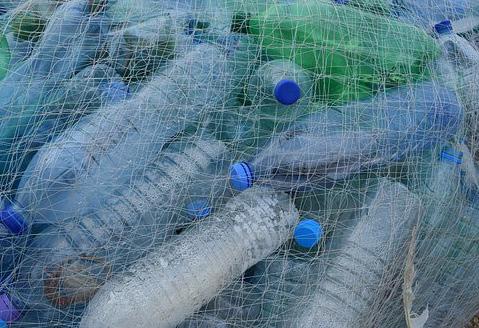
3 minute read
Editor’s comment
by 3S Media
Editor Nombulelo Manyana Managing editor Alastair Currie Features Ziyanda Majodina Head of design Beren Bauermeister Chief sub-editor Tristan Snijders Contributors Mpendulo Ginindza, Brendon Jewaskiewitz, Ziyanda Ngcobo, Nonhlelo Nhleko, Paula-Ann Novotny, Kate Stubbs, Jan Venter
Production & client liaison manager
Advertisement
Antois-Leigh Nepgen Production coordinator Jacqueline Modise Group sales manager Chilomia Van Wijk Distribution manager Nomsa Masina Distribution coordinator Asha Pursotham Printers Novus Print Montague Gardens Tel +27 (0)21 550 2300 Advertising sales Joanne Lawrie Cell +27 (0)82 346 5338 joanne@3smedia.co.za
Publisher Jacques Breytenbach
3S Media
46 Milkyway Avenue, Frankenwald, 2090 PO Box 92026, Norwood 2117 Tel +27 (0)11 233 2600 Fax +27 (0)11 234 7274/5 www.3smedia.co.za
Annual subscription subs@3smedia.co.za R200.00 (incl VAT) South Africa ISSN 1680-4902
Institute of Waste Management of Southern Africa
Tel +27 (0)11 675 3462 Email iwmsa@iwmsa.co.za
All material herein is copyright protected and may not be reproduced either in whole or in part without the prior written permission of the publisher. The views and opinions of authors expressed in the magazine do not necessarily reflect those of the publisher, editor or the Institute of Waste Management of Southern Africa. © Copyright 2022. All rights reserved.
Novus Holdings is a Level 2 Broad-Based Black Economic Empowerment (BBBEE) Contributor, with 125% recognised procurement recognition. View our BBBEE scorecard here: https://novus.holdings/sustainability/ transformation

The ABC logo is a valued stamp of measurement and trust, providing accurate and comparable circulation figures that protect the way advertising is traded. ReSource is ABC audited and certified.
WE CAN WIN,
if we join the fight
y now it’s common knowledge
Bthat South Africa is in the midst of a waste crisis. According to the latest reports by the Department of Forestry, Fisheries and the Environment, South Africans generate roughly 120 million tonnes of general waste per year and only 10% of that is recycled.
There is also an increase in waste volumes going to landfill due to a growing populace and urbanisation. However, the good news is that the South African waste management industry is considered among the most efficient on the continent, with a recycling rate that beats most European countries.
In 2018, South Africa achieved a 46.3% input plastics recycling rate by converting 352 000 tonnes of plastic refuse into raw materials. In the same year, Europe managed a 31.1% plastics recycling rate. South Africa recycles 15.2% more of its post-consumer plastic waste than Europe. This has been a trend over the past decade.
A solid framework
The legislature has also seen notable improvement in the past five years, with the Extended Producer Responsibility regulations, the Carbon Tax Act (No. 15 of 2019) and the National Waste Management Strategy, 2020 in terms of section 6 of the National Environmental Management: Waste Act (No. 59 of 2008) coming into effect.
All these factors point to a solid framework that can help to alleviate our current crisis. However, as one of our contributors in this edition points out, this will require enforcement. “Waste legislation is one of the key drivers of innovation in the waste management industry. However, there needs to be enforcement and compliance. Support structures need to be put in place to ensure that people are obeying the legislature,” says Kate Stubbs, marketing director at Interwaste.
I would like to take it a step further: in addition to the framework and enforcement, we need a change of mindset within the private and public sector. We need to adopt a circular approach to waste management, which will add economic and social value.
Government policy and its strategic interventions for the waste sector are already aligned to the UN’s Sustainable Development Goals (SDGs) 2030. It is also aligned to South Africa’s National Development Plan: Vision 2030, which entails our country’s specific response to, and the integration of, the SDGs into our overall socio-economic development plans.
All that is left for us to do is to actually put in the work. We need to go beyond strategy, into implementation. The only way we can win our waste battle is to actively fight it.
A great idea alone doesn’t solve the problem – execution does.
Nombulelo












